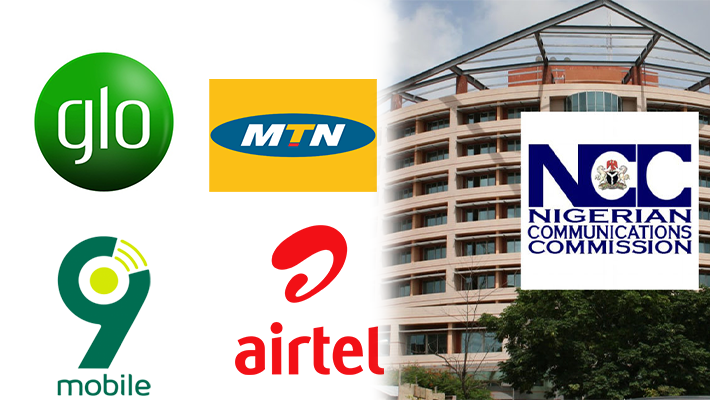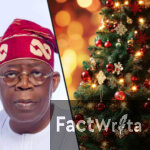The Nigerian Communication Commission (NCC) has approved a telecom tariff increase in Nigeria, capping hikes at 50% despite network operators’ requests for over 100%. This decision follows weeks of speculation after Dr. Bosun Tijani, Minister for Communication, Innovation, and Digital Economy, hinted at unavoidable adjustments during a stakeholder meeting in Abuja.
Key Details of the Tariff Adjustment
In a statement released on Monday, NCC’s Director of Public Affairs, Reuben Muoka, clarified that the telecom tariff increase in Nigeria will align with the 2013 NCC Cost Study and the 2024 Tariff Simplification Guidelines. The adjustment aims to bridge the gap between operational costs and stagnant tariff rates, which have remained unchanged since 2013.
“The approved 50% increase, though lower than operators’ demands, ensures service sustainability without compromising consumer welfare. All adjustments will be reviewed case-by-case and implemented transparently,” Muoka stated.
Why the Increase Matters
Nigeria’s telecom sector faces mounting challenges, including:
- Currency devaluation: The naira’s decline has eroded operators’ profits (e.g., MTN reported a ₦514.93 billion loss in nine months).
- Inflation: Rising operational costs for infrastructure, energy, and licensing.
- Consumer concerns: Fears that higher tariffs will worsen the cost-of-living crisis.
To address public anxiety, the NCC mandates that operators:
- Educate users about new rates.
- Demonstrate measurable service improvements.
- Avoid arbitrary pricing outside approved bands.
Balancing Industry Survival and Consumer Protection
The telecom tariff increase in Nigeria reflects the NCC’s effort to protect both consumers and the industry’s ecosystem, which supports thousands of local vendors. However, critics argue that even a 50% hike strains households already battling inflation and fuel subsidy removal.
For more context, review the NCC’s 2024 Tariff Guidelines or MTN’s financial report.













